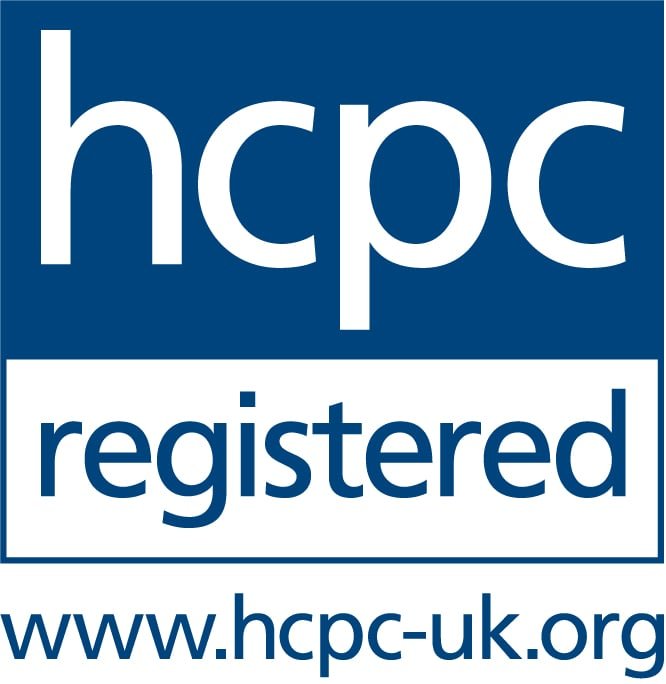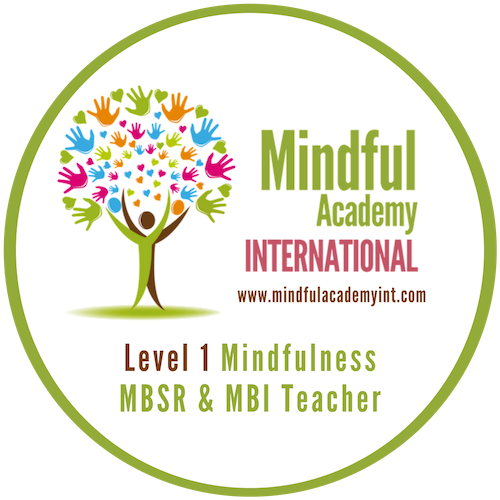1:1 Integrative Physiotherapy
More and more, research tells us that to prevent or recover from injury or illness the whole body and mind needs to be in balance, the best results often being through a multi-faceted approach. For me, Integrative Physio/Clinical Yoga represents this approach, where traditional Physiotherapy (assessing and treating a specific physical issue in a bio-psycho-social model) is integrated with Yoga (usually movement, breath work, meditation, energy work) Mindfulness Based Practices (where experiential learning allow true awareness and body-mind connection to grow) and Somatic, resulting in a more holistic way to get physically and mentally in balance - helping you to recover better, feel stronger, have more confidence and be more present in life.
Integrative Physiotherapy for Wellbeing and Rehabilitation
As a Physiotherapist I have experience helping people to get back on their feet and back to doing the things they love after injury, illness or surgery. More and more I’m aware that sustainable rehabilitation takes a ‘whole person’ approach addressing physical, psychological, social, environmental and spiritual factors. This is why I use a model of ‘integrative physiotherapy’ which has 5 main guiding principles: Therapeutic partnerships; living systems theory; whole person health’ movement as an integrative experience; and salutogenesis (Justice et al. 2023)
The initial appointment is usually 90 minutes, this enables sufficient time to hear your story, carry out assessments where needed and make a good start on exploring and implementing strategies and techniques to start to work towards your goals.
Follow up appointments are 1 hour.
Appointments are available online (when appropriate - please call for a chat if you’d prefer the online option) or in person at the Kite Centre, in Lochussie (nr Dingwall)
Mindfulness
Mindfulness is imbued within all aspects of Hope Yoga Physio, whether this is with the attitude we take to sessions i.e. approaching difficulty with curiosity, or specific mindfulness techniques aimed at facilitating healing. In my MSc in Physiotherapy I extensive researched the evidence of mindfulness based interventions within healthcare and specifically in Chronic (Pain) Conditions. I later completed my Level 1 training in Mindfulness Based Interventions and Mindfulness Yin Yoga training with the incredible Kathy Ward from Mindfulness Academy International. You can read more about Kathy here, and watch her TEDx talk here.
The evidence grows almost daily in support of mindfulness based interventions in the treatment and adjunct treatment for a wide range of presentations such as stress, anxiety, pain conditions, as well as improvements in speed of healing; coping with chronic illness ; injury and illness recovery. Therefore, as an evidence-based practitioner, it is important to keep abreast of the research and apply in practice to the benefit of my clients.
F.A.Q’s - Clinical Yoga for Wellness and Rehabilitation
Err, so, tell me again, what exactly is that you do..
This practice blends Yoga with Physiotherapy as well as Mindfulness Techniques and Somatics. So expect, movements, breathing exercises, nervous system regulation practices, mindfulness insight, muscle building, awareness building…. We also stick to the KITE principles here: Kinetic/Integrative/Therapeutic/ Experiencial.
In Physiotherapy the aim is to treat a specific condition and this is usually done by focusing mainly on the ‘problem’ area. The contribution of yoga is that a person is seen more holistically, bringing balance into the persons body/mind in order to create the optimum environment for healing. Mindfulness allows an increase of self awareness in a non-judgemental way, to really help us figure out together what is going on. Essentially, it is integrative physiotherapy. Or clinical yoga. Or holistic physio….
Basically, I look at why the injury/condition/experience might have happened and what can be done to encourage healing. For example, if there is pain, I want to know where it is coming from, what is making it worse and what can make it better. For example, we know that stress and anxiety amplify pain responses and muscle tension, so if you don’t also address these areas, any healing will be unsustainable.
Treatment varies greatly with the individual, but usually includes influences from yoga and mindfulness, such as yoga postures, breathing techniques, meditation and relaxation techniques. Sometimes ‘physio’ exercises are given, but only if the person actually wants to and will do them, otherwise we find practical and realistic ways to achieve the same end.
The techniques used are all evidence based and are well within my scope of practice as a Physiotherapist, but my lived experience and training in yoga and mindfulness allows this approach to be seamlessness integrated. Furthermore, there is no pre-requisite to have any prior knowledge of yoga or mindfulness, or physiotherapy for that matter, before having a session.
What can you treat with this approach?
Anything you’d see a ‘normal’ physio for. But especially conditions/experiences such as
persistent pain
for a boost in recovery after an illness or a stay in hospital
physical symptoms/pain following a stressful event(s)
The aim is to provide the client with the skills to facilitate their own healing. This is not a ‘magic pill’ / sticking plaster approach. We get to the root of the imbalance and gently and sustainable create long term healing. My aim is to be a catalyst of healing and wellness, helping to facilitate the journey but not getting in the way.
What happens in the first consultation/initial appointment?
We will have a chat. I’ll collect any relevant medical background/information and then I want to hear your story, what is going on and what you want to achieve from the session. I will then do a physical assessment, and depending on the presentation consider looking at ranges of movements around joints, functional movements, strength, balance, stiffness, swelling, pain level etc. We will then make a plan together on the best approach for your healing, and make a start! The first session is usually 1.5h.
What happens in a follow up appointment?
We continue with the treatment plan. This might mean learning/adapting/practising techniques or movement patterns, it might be further hands on treatment. It really depends on the needs of the individual. This session lasts approximately 1 hour.
How many sessions will I need?
Sometimes, 1 initial session with a follow-up session is all is needed to make a huge difference, particularly with a more simple presentation. More usually, around 6 sessions will really result in some longstanding changes. Each individual is different as sometimes a monthly or bimonthly ‘maintenance’ appointments can be very beneficial.
How do I book?
Please give me a call on 07908065365 and we can have a chat to see if I might be able to help. Alternatively, send me an email to hopeyogaphysio@gmail.com with a brief background and a contact number and I can give you a call.
Or click here:
Where are the sessions held?
I offer in-person, online and a mixture of both.
I am currently able to offer in-person appointment at the Kite Centre in Lochussie nr Dingwall.
Home visits are available in the locality of Dingwall/Strathpeffer/Contin/Conon Bridge (Surcharge is applicable for this)
Please get in touch to see which method suits you best.
Price?
Initial Consultation -Integrative Physiotherapy (for Wellness and Rehabilitation) - 90mins - £70
Follow-up appointment - 60 mins- £60
Block of 4 follow up appointments - £195
Contact
Email or call Alice on 07908065365 or hopeyogaphysio@gmail.com or






